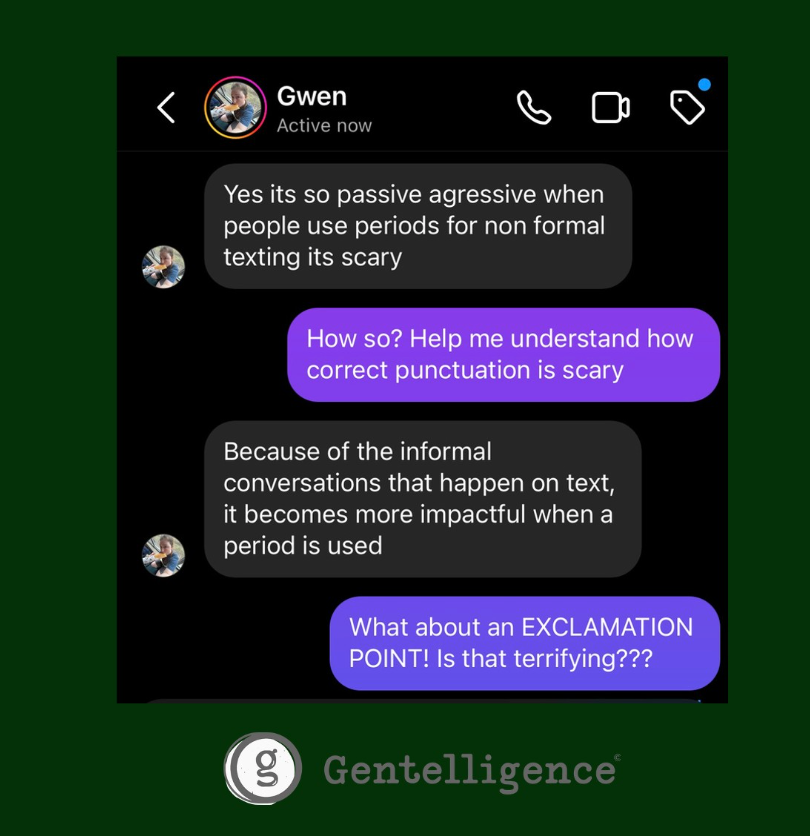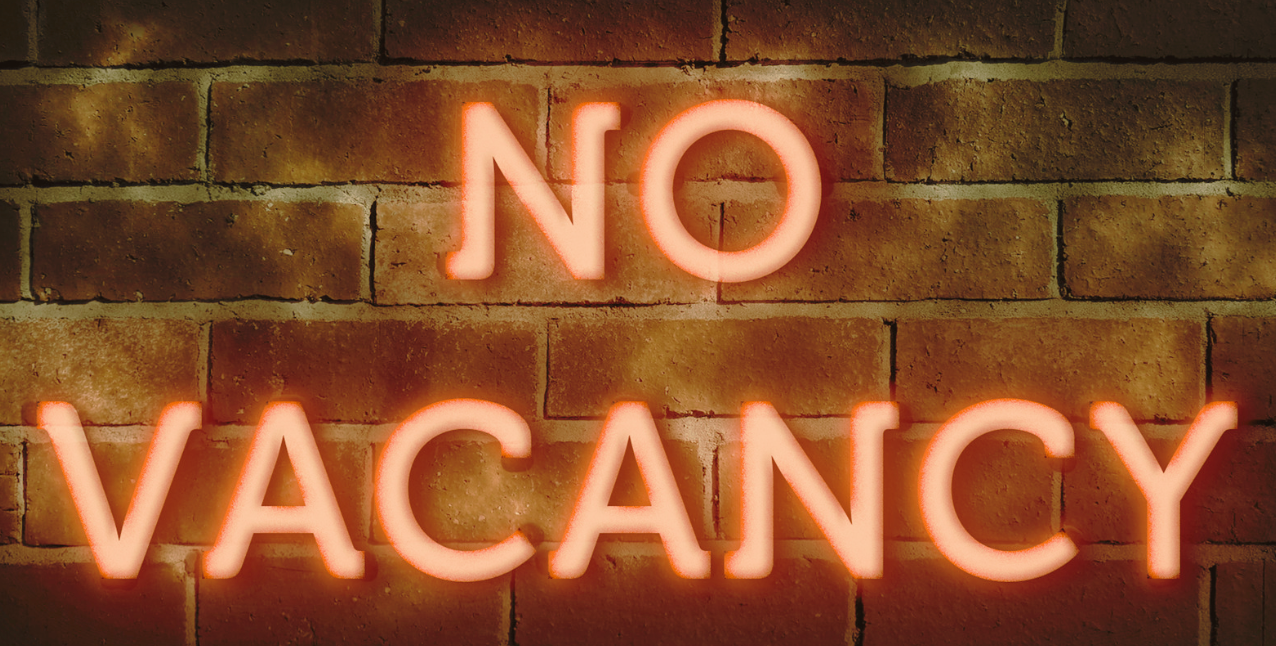Resisting Assumptions: What’s a Landline?
This is a subtitle for your new post
I have to tell you a story regarding generational assumptions. Recently I received a voicemail from my friend Ty, a consultant I met during one of my first coaching courses at Gallup many years ago. Ty was on my book launch team and is in general just one of those people you want in your corner no matter what. She is the walking embodiment of charisma and even a voicemail from her is wonderfully entertaining. This one made me laugh out loud (not in the LOL kind of way, but in the literal way where I stood in my kitchen laughing so hard at her story I had to replay the message to make sure I hadn’t missed any of it). When I called her back I warned her I fully intended to steal this story. Why? Because it has everything to do with the assumptions we make and how they can break down communications.
A Tale of Two Generations
The tale starts out on a low note. Ty had a medical situation that sent her to the emergency room one morning. On her way to the hospital, the ever-responsible Ty handed her cell phone to her college-age daughter. She asked her to contact several of her clients to let them know that she had a medical emergency. She had important deliverables they were expecting from her that day. Doubled over in pain, she reiterated to her daughter that these were very important high-end clients. She made her promise she would contact them immediately. Her daughter assured her she would. And she did.
Thankfully, Ty recovered quickly and was back to work the next week. Imagine her surprise when one of those same clients reached out wanting to know why Ty missed their deadline. After doing some damage control with her Very Important Client, Ty called her daughter.
Ty: You said you contacted these people!”
Her daughter replied, “I did!”
And suddenly, Ty’s Gentelligence radar kicked in.
“Hold on. How exactly did you contact them?”
Her daughter said she had sent a text to everyone on Ty’s list.
“You texted them? Those were their office numbers! They aren’t mobile numbers, they’re landlines!”
“What’s a landline?”
…
Mind that Gap
Ah. There’s the rub. The place where we fall into the dreaded generation gap – the land of assumptions. There was a time when we would throw up our hands in frustration, curse about kids these days, and force ourselves to carry on. But that was before Gentelligence. Now the appropriate response to such a situation is instead to call me and leave the story on my voicemail because we all know this is EXACTLY the kind of thing I live for.
So let’s dissect this situation. As with most generational breakdowns, neither Ty nor her daughter was wrong in this situation. It was, however, a most excellent example of both of them forgetting the first practice of the Gentelligence Method. The Gentelligence Method is made up of four key strategies designed to decrease frustration as well as help us leverage intergenerational opportunities:
- Resist Assumptions
- Adjust the Lens
- Strengthen Trust, and
- Expand the Pie.
All four of the practices are based on the premise that Gentelligence is something we build over time. By committing to these practices, we commit to replacing our ingrained habits and behaviors. We practice becoming more aware of our own generational lenses and more appreciative of the value of a wide range of generational perspectives.
Do You See What I See
Ty’s experience is deeply rooted in the assumptions we all (regardless of age) make when we are interacting with those that grew up in a different time. We don’t usually realize the assumptions that go along with our generational identities, because to us our perspectives are obviously correct and don’t need explaining. It rarely occurs to us that others (using their own generational lenses and norms) may be looking at the same situation and seeing something entirely different.
For Ty, who is a fellow Gen Xer, it went without saying that the appropriate way to contact a professional colleague was via an office phone. When she began her career, people only had office phones and home phones. When her colleagues became friends, of course, she would reach out to them on their mobile, but not an important client with a message about needing to miss a deadline. She assumed this would be crystal clear to anyone.
Phone Home
Her daughter, a Gen Z, has grown up in a time when landlines are becoming extinct. According to a survey done by the CDC, “Among adults aged 25 to 29, 66 percent live in a house without a landline. Among the 30 to 34 age group, 60 percent live in a house without a landline.” As our oldest Gen Zs begin to move out to live on their own, it’s safe to say that almost none of them will bother setting up a landline.
The directive to “contact” her mom’s clients came with an assumption that this must mean via text. She hadn’t been given an email address, and a text seemed the obvious and most efficient way to communicate the message. Whereas her mom’s generation saved texting for those they knew well, Gen Z didn’t grow up with this distinction and has learned to use text for a wide range of interactions, both professional and personal.
It Goes Without Saying
Are we doomed to generationally-crossed wires? Not necessarily. But this is where the Resisting Assumptions practice of the Gentelligence Method becomes so important in changing these kinds of dysfunctional dynamics. When communicating across different generations, never assume. What you think goes without saying needs to be said.
When I talk with audiences about Resisting Assumptions across generations, the conversation is often about stereotypes. These are an incredibly important (and damaging) kind of assumption that we absolutely need to step away from, but they aren’t the only kind of assumption that can wreak generational havoc.
Assuming those of different ages understand the same norms as we do is also a recipe for disaster. In Ty’s case, it was the seemingly simple word “contact” that was the culprit.
What other terms are we using that might be interpreted differently than we realize?













